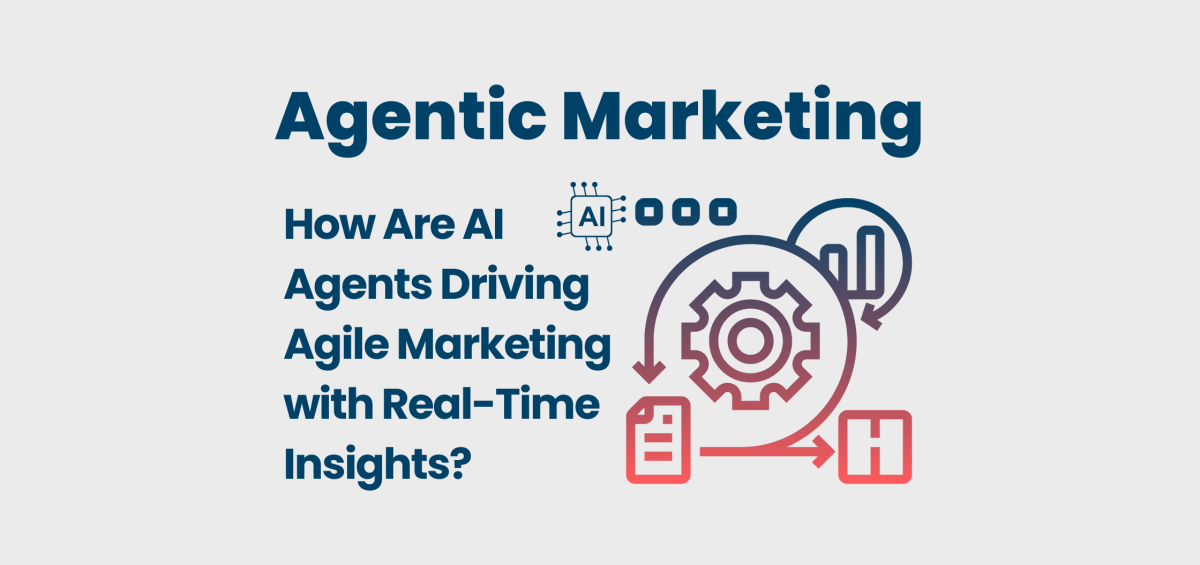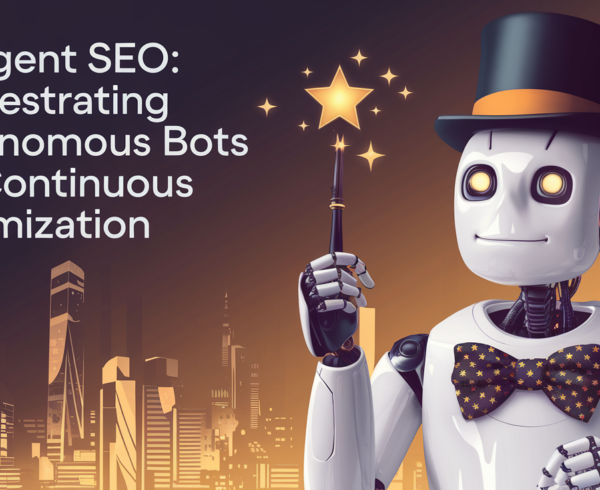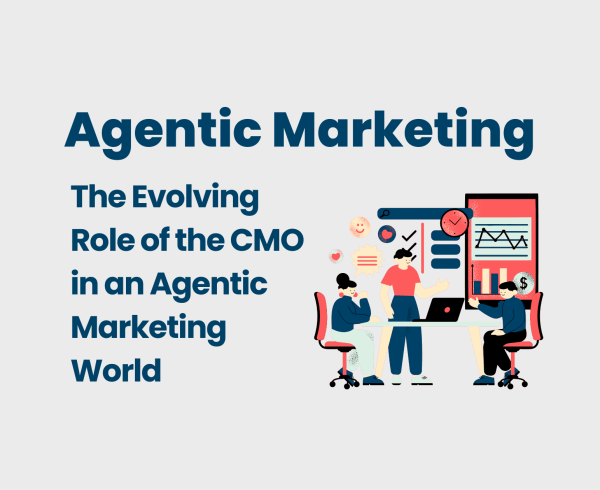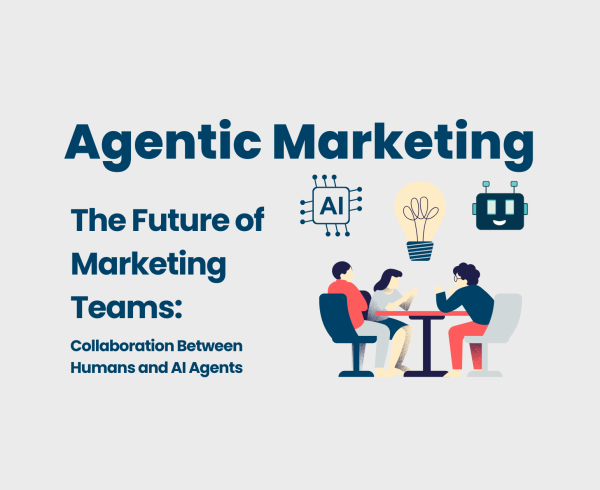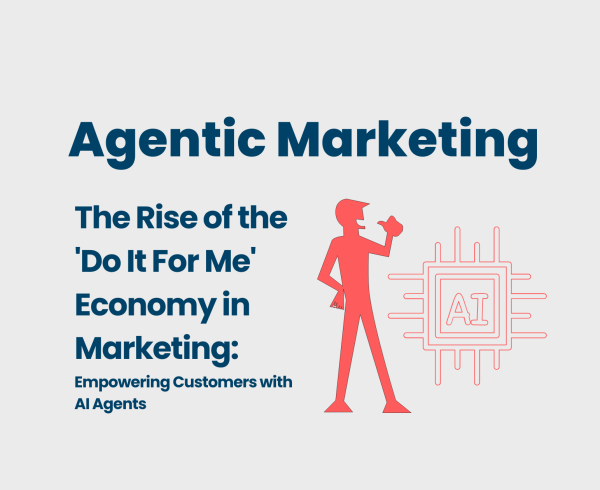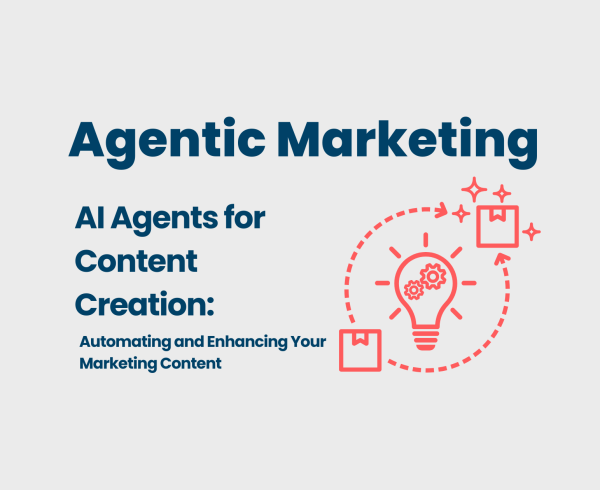Real-time Insights and Dynamic Strategies: AI Agents Driving Agile Marketing
In today’s rapidly evolving digital landscape, marketing strategies need to be nimble and adaptable. Gone are the days of setting a campaign in motion and waiting for the results to trickle in. Modern marketers require real-time insights to understand what’s working, what’s not, and how to adjust their strategies on the fly. AI agents are proving to be invaluable in this context, offering the power to analyze marketing data in real-time and enabling truly agile marketing strategies. Here are ten unique ways AI agents are driving this transformation:
1. Continuous Performance Monitoring: Keeping a Finger on the Pulse
Traditional campaign monitoring often involves periodic checks and manual analysis of key metrics. This can lead to delays in identifying issues or opportunities. AI agents offer continuous, real-time performance monitoring across all marketing channels.
These intelligent systems can track a wide range of metrics, from website traffic and social media engagement to conversion rates and customer acquisition costs, 24/7. They can identify anomalies, flag underperforming campaigns, and provide instant alerts, allowing marketers to react immediately to any deviations from their targets. This constant vigilance ensures that marketing efforts are always on track and that potential problems are addressed before they escalate.
2. Instant Anomaly Detection: Spotting Trends and Issues Before They’re Obvious
Subtle shifts in marketing data can often be leading indicators of larger trends or emerging problems. However, these nuances can be easily missed by human analysts sifting through vast amounts of information. AI agents excel at instant anomaly detection, identifying subtle patterns and deviations from the norm that might otherwise go unnoticed.
By continuously analyzing historical data and establishing baseline performance metrics, AI agents can quickly spot unusual spikes or dips in key indicators. This early detection allows marketers to proactively investigate the underlying causes, whether it’s a sudden surge in competitor activity, a technical glitch on their website, or an emerging positive trend they can capitalize on. This proactive approach can provide a significant competitive advantage.
3. Automated A/B Testing and Optimization: Data-Driven Decisions in Real-Time
A/B testing is a crucial element of effective marketing, but manually setting up, monitoring, and analyzing the results of multiple tests can be time-consuming. AI agents can automate the entire A/B testing process, making data-driven optimization a continuous and real-time activity.
These agents can automatically set up and run multiple A/B tests simultaneously across various elements of a campaign, such as ad creatives, landing page copy, and email subject lines. They can then continuously monitor the performance of each variation in real-time, identify the winning combinations, and automatically adjust traffic allocation to maximize results. This autonomous A/B testing and optimization ensures that marketing campaigns are constantly improving based on real-time data, leading to higher conversion rates and better overall performance.
4. Dynamic Budget Allocation: Shifting Resources to High-Performing Areas
Marketing budgets are often allocated based on pre-determined plans, which may not always align with real-time performance. AI agents can enable dynamic budget allocation, automatically shifting resources to the channels and campaigns that are delivering the best results at any given moment.
By continuously monitoring the ROI of different marketing activities, AI agents can identify high-performing areas and autonomously reallocate budget from underperforming campaigns to those that are generating the most significant returns. This real-time budget optimization ensures that marketing spend is always being used most effectively, maximizing the overall impact of the marketing budget.
5. Predictive Analytics for Proactive Adjustments: Anticipating Future Outcomes
While real-time monitoring provides insights into current performance, predictive analytics takes it a step further by forecasting future outcomes. AI agents can leverage predictive analytics to anticipate potential challenges or opportunities and enable proactive adjustments to marketing strategies.
By analyzing historical data and current trends, AI agents can predict future campaign performance, identify potential risks such as declining engagement rates or increasing churn, and even forecast emerging market trends. This foresight allows marketers to proactively adjust their strategies, take preemptive actions to mitigate risks, and capitalize on emerging opportunities before they become mainstream.
6. Real-time Customer Sentiment Analysis: Understanding How Your Audience Feels
Understanding how customers feel about a brand or a specific marketing campaign is crucial for making informed decisions. AI agents equipped with natural language processing (NLP) capabilities can analyze customer sentiment in real-time across various online channels.
These agents can monitor social media conversations, online reviews, customer feedback, and even email interactions to gauge the overall sentiment towards a brand or a specific campaign. By providing real-time insights into customer emotions and opinions, AI agents enable marketers to quickly identify and address any negative feedback or concerns, as well as capitalize on positive sentiment to further enhance their marketing efforts.
7. Automated Reporting and Insights Generation: Delivering Actionable Intelligence Instantly
Traditional marketing reporting often involves manual data collection, analysis, and report generation, which can be a time-consuming process. AI agents can automate the entire reporting process, providing marketers with instant access to actionable intelligence.
These intelligent systems can automatically collect data from various marketing platforms, analyze it based on pre-defined KPIs, and generate comprehensive reports in real-time. They can also highlight key insights, identify areas for improvement, and even suggest potential actions. This automated reporting frees up marketers from the tedious task of manual data analysis and provides them with the information they need to make informed decisions quickly.
8. Dynamic Content Scheduling and Distribution: Optimizing Reach and Engagement
The timing and placement of marketing content can significantly impact its effectiveness. AI agents can analyze audience behavior and engagement patterns in real-time to dynamically schedule and distribute content across various channels for optimal reach and impact.
By understanding when different segments of the audience are most active and receptive to content on different platforms, AI agents can automatically schedule social media posts, send emails, and even adjust website content display times to maximize engagement and conversions. This dynamic content scheduling and distribution ensures that marketing messages are delivered at the right time and in the right place to reach the target audience most effectively.
9. Intelligent Competitive Analysis: Staying Ahead of the Competition in Real-Time
Keeping tabs on competitor activities is crucial for maintaining a competitive edge. AI agents can continuously monitor competitor marketing efforts in real-time, providing valuable insights into their strategies, performance, and emerging trends.
These agents can track competitor website changes, social media activity, advertising campaigns, and content marketing efforts. By analyzing this data in real-time, AI agents can help marketers understand what their competitors are doing, identify potential threats or opportunities, and adjust their own strategies accordingly to stay ahead of the competition.
10. Real-time Personalization Adjustments: Adapting to Immediate Customer Needs
Personalization is most effective when it’s dynamic and responsive to immediate customer needs and behaviors. AI agents can analyze real-time customer interactions and adjust personalization efforts on the fly to deliver the most relevant and helpful experiences.
For example, if a customer is Browse a specific product category on a website, an AI agent can instantly adjust the displayed recommendations, offer relevant discounts, or provide helpful information related to that category. This real-time personalization ensures that customers receive the most relevant and timely information and offers, enhancing their experience and increasing the likelihood of conversion.
In conclusion, AI agents are revolutionizing agile marketing by providing marketers with the power of real-time insights and enabling dynamic adjustments to their strategies. Their ability to continuously monitor performance, detect anomalies, automate A/B testing, dynamically allocate budgets, predict future outcomes, analyze customer sentiment, automate reporting, optimize content scheduling, conduct intelligent competitive analysis, and personalize experiences in real-time empowers marketers to be more responsive, efficient, and ultimately more successful in today’s fast-paced digital environment. Embracing AI agents is no longer a futuristic concept but a necessity for marketers looking to thrive in the age of agility.

